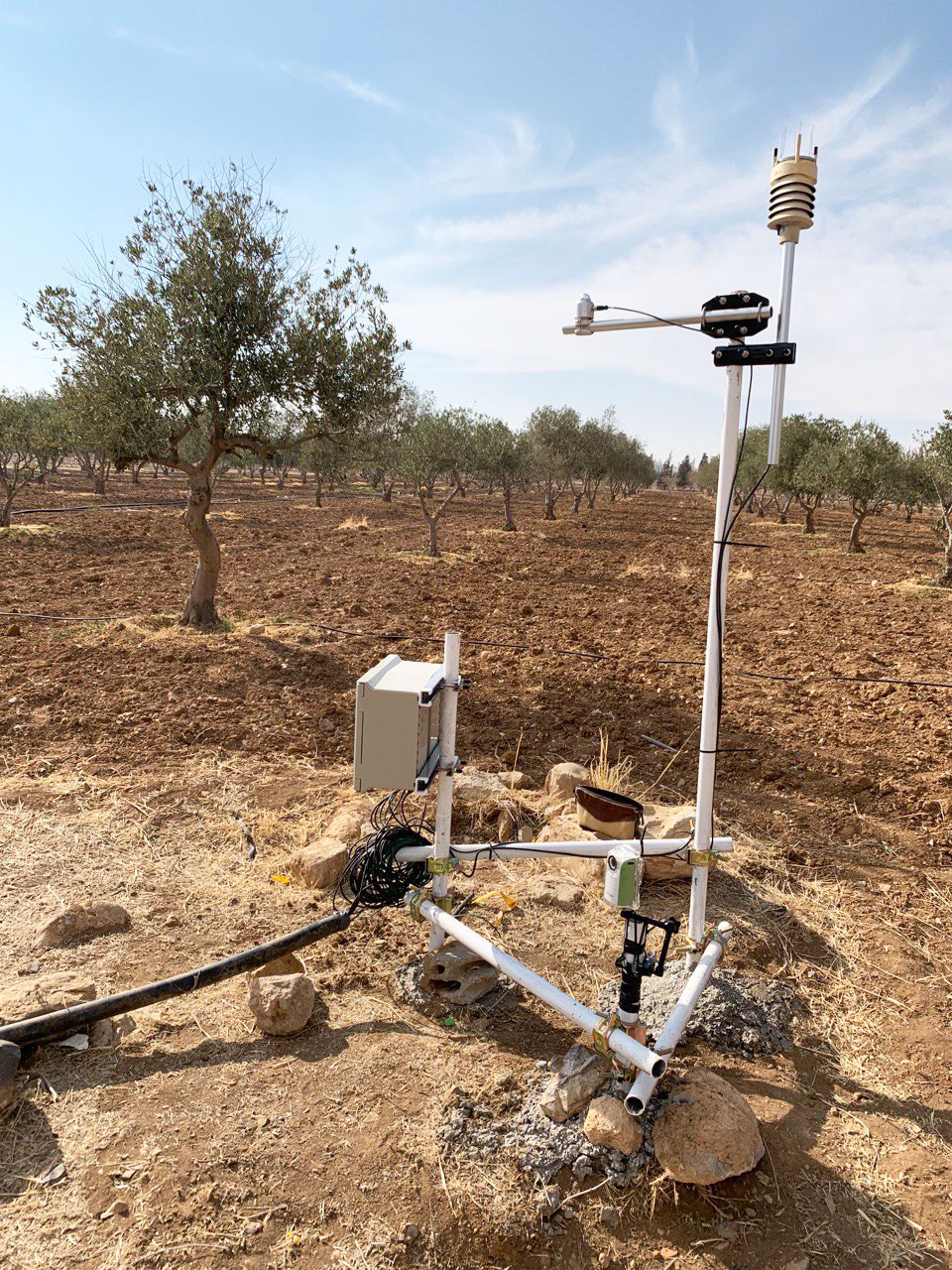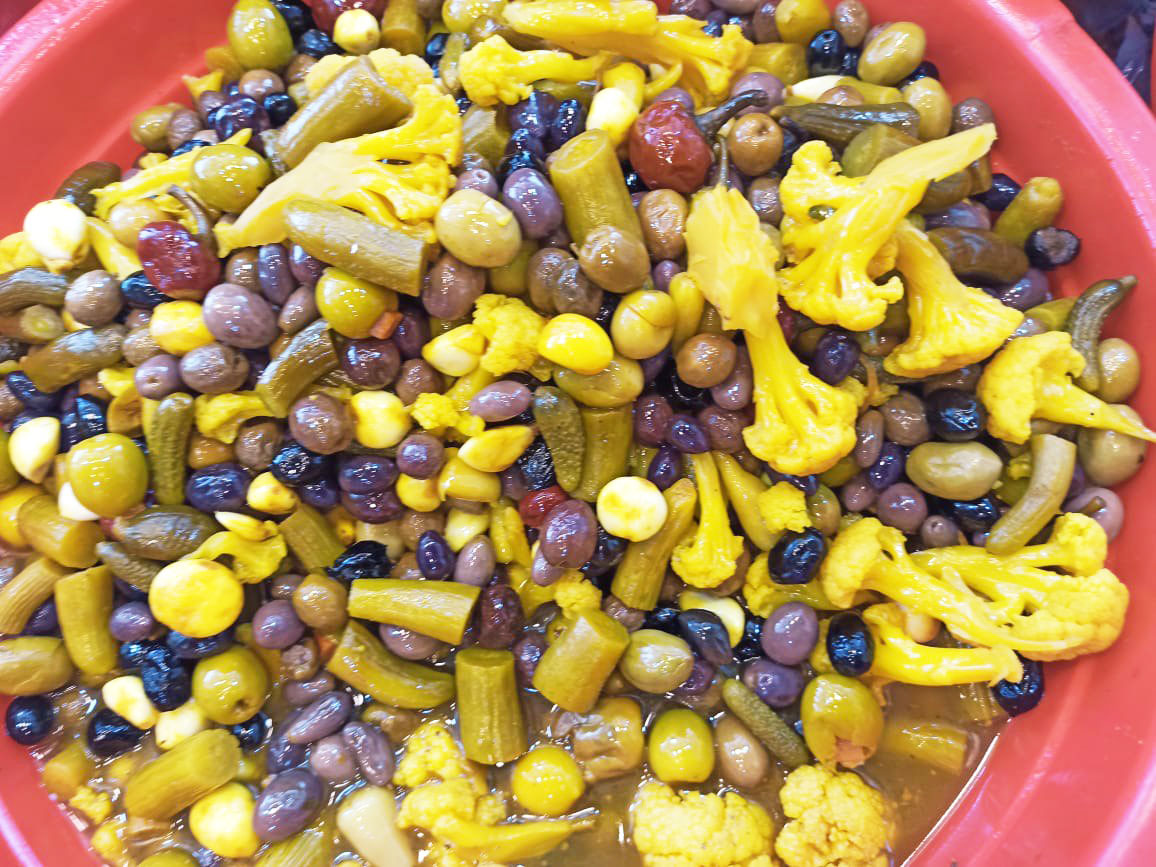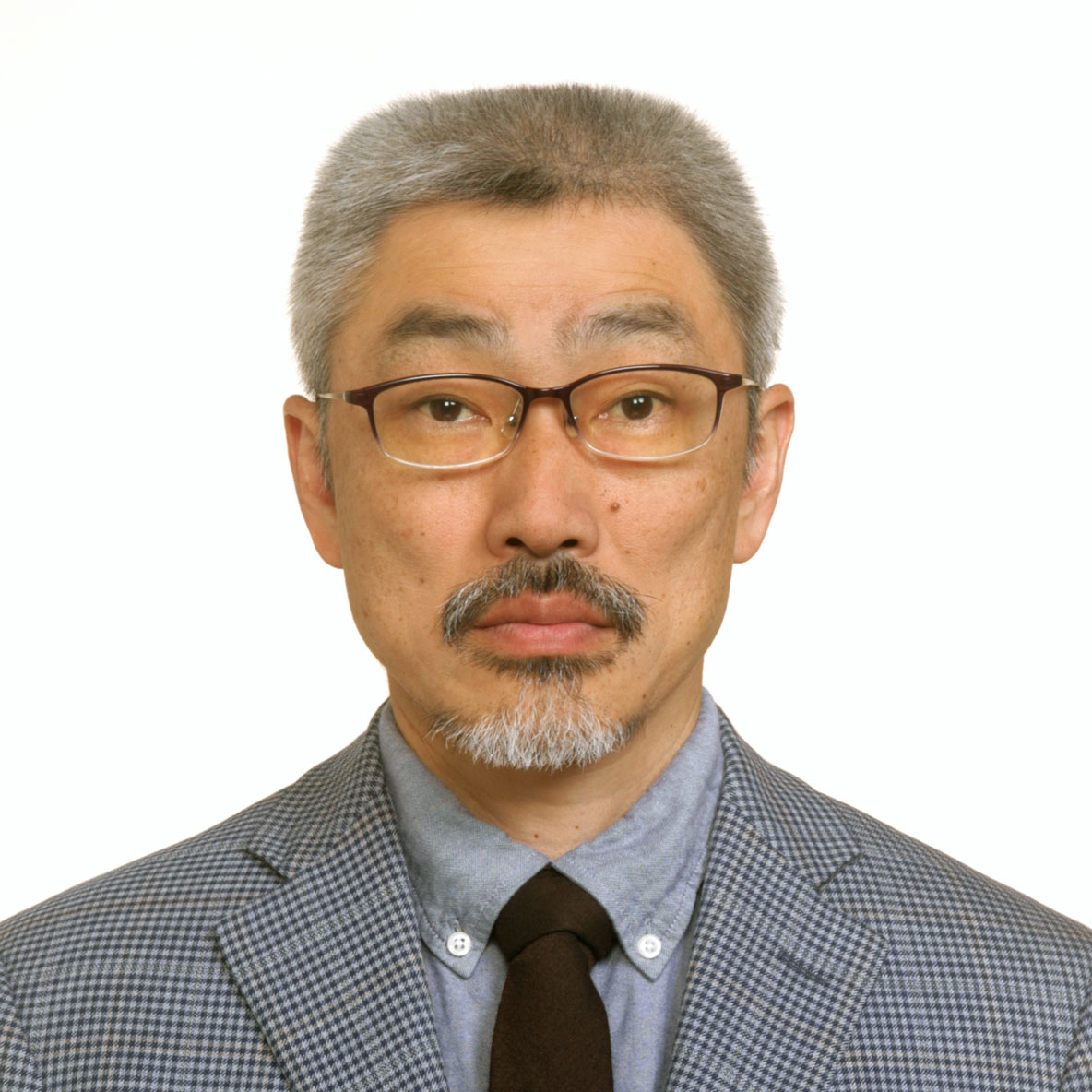Cross-disciplinary research on olive production to control chaos in societies of the Middle East
Project Gist
Pioneering a new research paradigm to elucidate the universal principles of the interaction between bioresource production and social phenomena
Keywords
Olive, Pluralism, Water resources, Nonlinear analysis, Middle East
Background and Purpose
In Northern Iraq, a strategic region in the Middle East, the restoration of peace and order from recent social chaos is gradually progressing along with the recovery of bioresource production, such as growing olives. However, properly allocating water resources under climate change remains a challenging issue. In this research, through collaboration and fusion of agricultural science, social science, civil engineering, and mathematics, we aim to pioneer a new research paradigm to elucidate the universal principles of the interaction between bioresource production and social phenomena. We build a cross-disciplinary international research team encompassing dialogue with residents, mathematical abstraction of problems, and derivation and presentation of solutions.
Project Achievements
The Nineveh Plains in Northern Iraq and the Hauran Plains near the Jordan/Syria border were selected as study areas where olive production thrives despite the social chaos. An interdisciplinary research team, including the general public, was formed between Japan, Iraq, and Jordan to have several workshops. Based on area studies focusing on interview surveys, we have established a cross-disciplinary methodology that abstracts and universalizes the current situation in which a new order is being formed out of the social chaos. A representative example of the project achievements is the proposal for a novel rainwater harvesting facility in the Nineveh Plains.
Future Prospects
Through field research and analysis by a transdisciplinary team, we shall verify the hypothesis that the social dynamics of turmoil and order can be universally described using a system of partial differential equations including possibly degenerate or singular cross/self-diffusion terms. We shall also introduce control theory over the plant-environment interaction that behaves as a nonlinear system.
Figure


Principal Investigator

UNAMI Koichi
Graduate School of Agriculture
UNAMI Koichi is an associate professor of water resources engineering at the Graduate School of Agriculture, Kyoto University, where he received PhD in 1999. His research interests include developing and operating water resources, aiming for the best, and preparing for the worst.
Related URL: https://www.kyoto-u.ac.jp/en/research-news/2021-04-06
